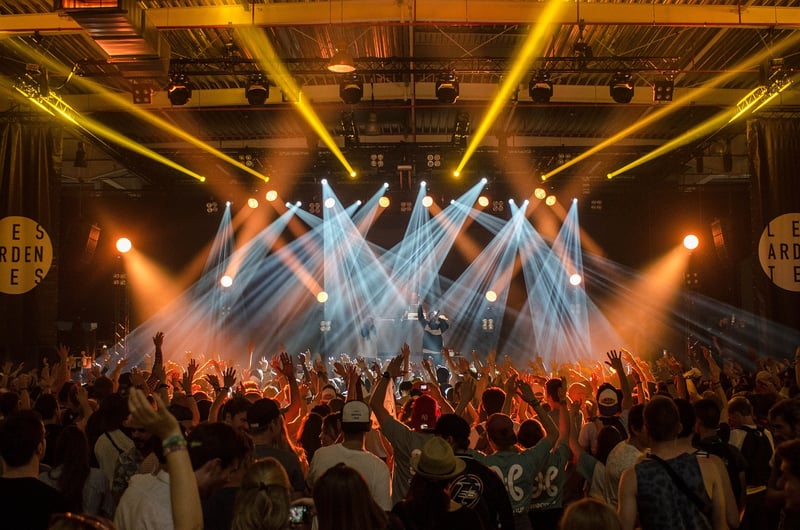Historical Events
Exploring Different Eras and Historical Events
History is a vast tapestry woven with the threads of different eras and historical events that have shaped the world we live in today. By delving into the past, we can gain a deeper understanding of our present and insights into the future.
Ancient Civilizations
Ancient civilizations like the Egyptian, Greek, Roman, and Mesopotamian cultures laid the foundation for modern society. From the majestic pyramids of Egypt to the philosophical teachings of Aristotle, these civilizations have left an indelible mark on human history.
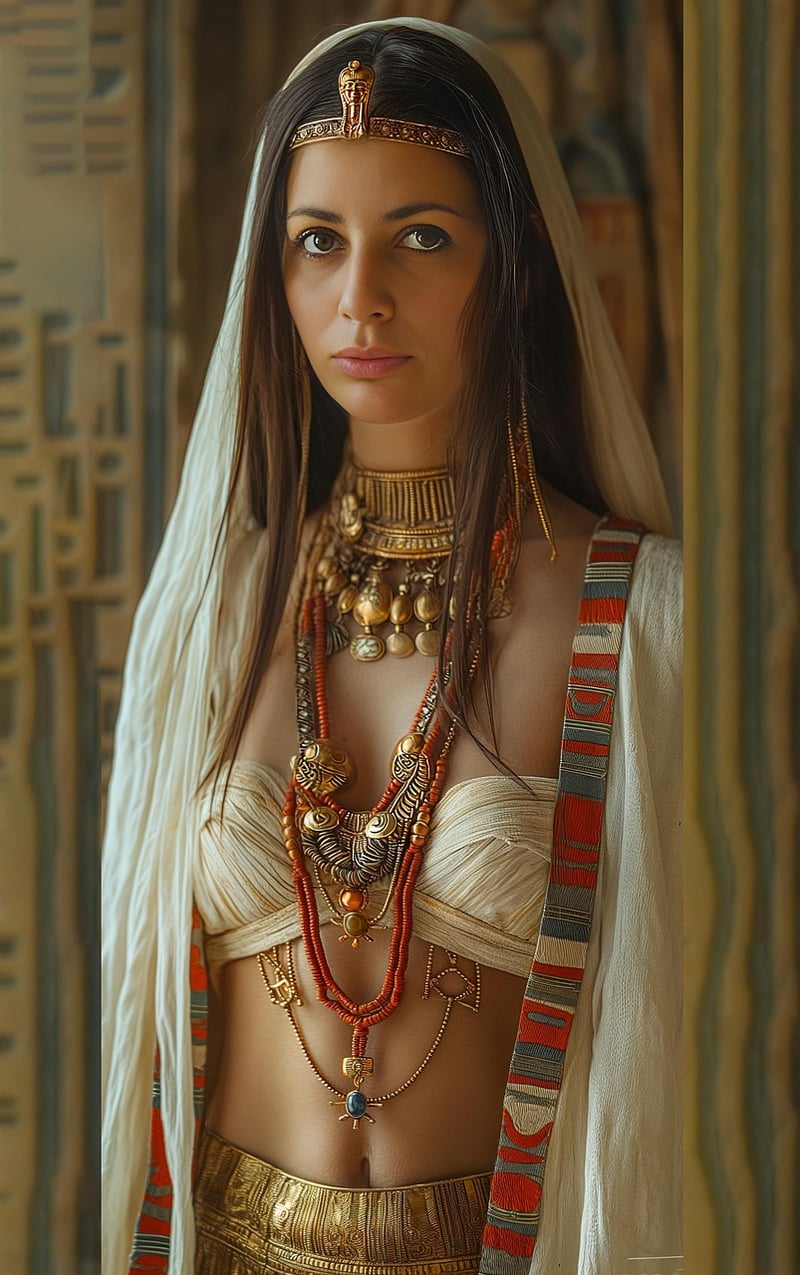
The Middle Ages
The Middle Ages, also known as the medieval period, saw the rise of powerful empires like the Byzantine Empire and the Holy Roman Empire. It was a time of knights, castles, and feudalism, with events like the Crusades shaping the religious and political landscape of Europe.
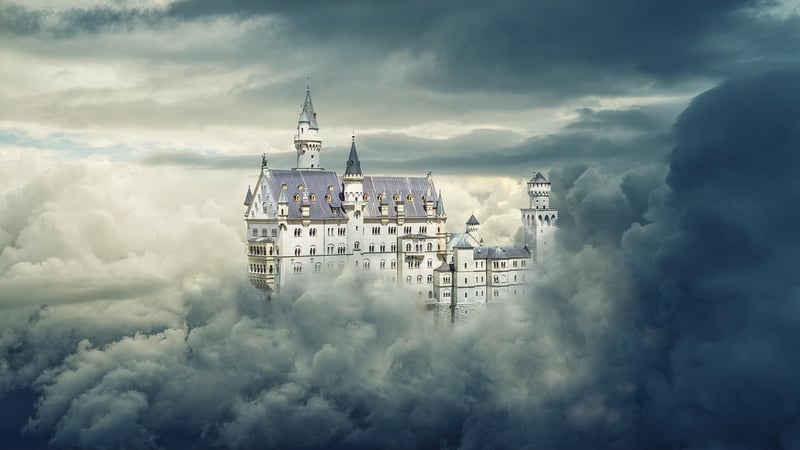
The Age of Exploration
The Age of Exploration marked a period of European exploration and discovery that expanded the known world. Explorers like Christopher Columbus, Vasco da Gama, and Ferdinand Magellan sailed the seas in search of new trade routes and territories, leading to the colonization of the Americas and the establishment of global trade networks.
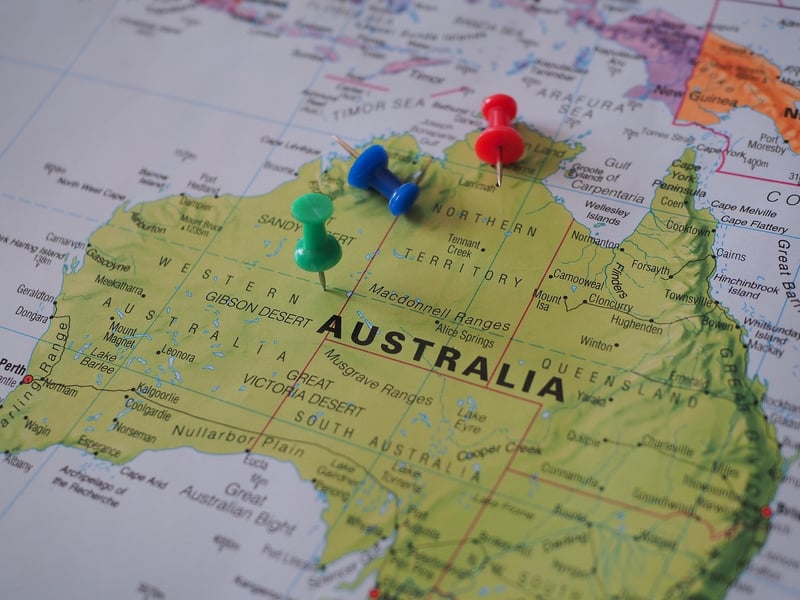
The Industrial Revolution
The Industrial Revolution transformed society with advancements in technology, transportation, and industry. From the invention of the steam engine to the rise of factories and urbanization, this period marked a shift from agrarian economies to industrialized nations.
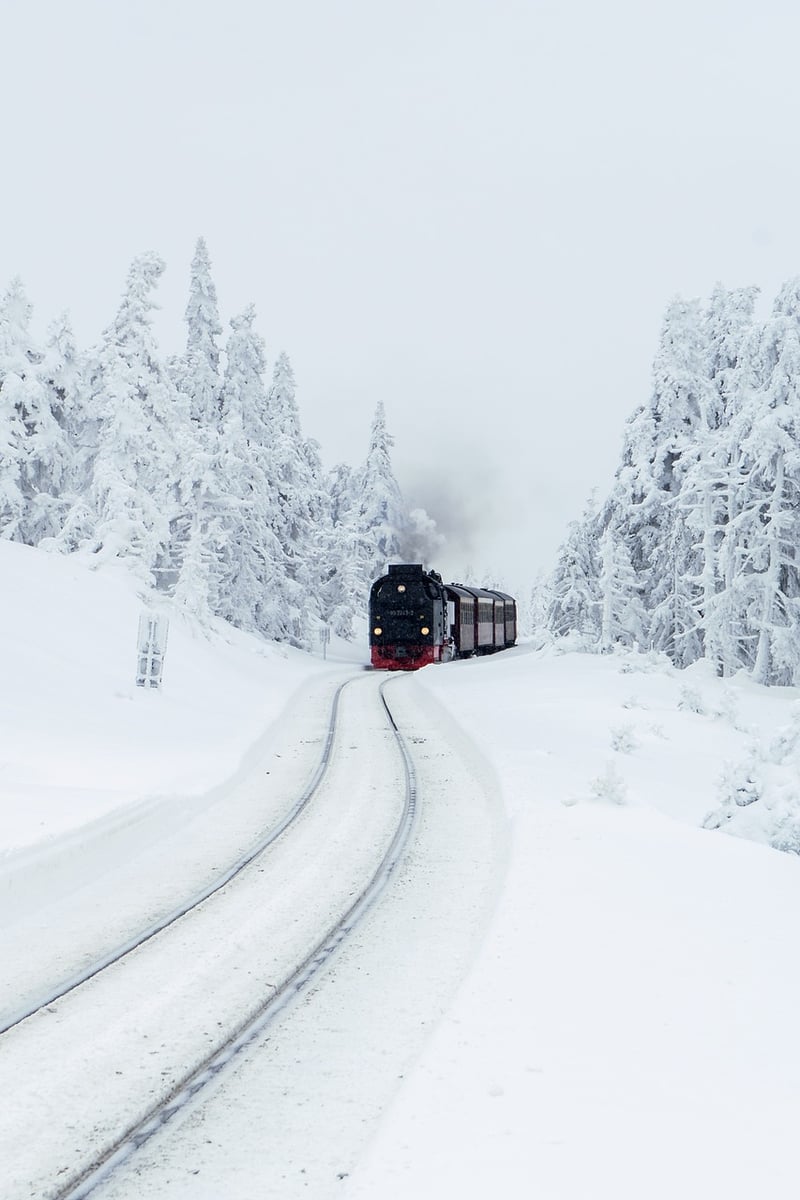
World Wars
The 20th century witnessed two devastating world wars that reshaped the geopolitical landscape. World War I and World War II led to immense loss of life, technological advancements, and the establishment of international organizations like the United Nations to promote peace and cooperation.
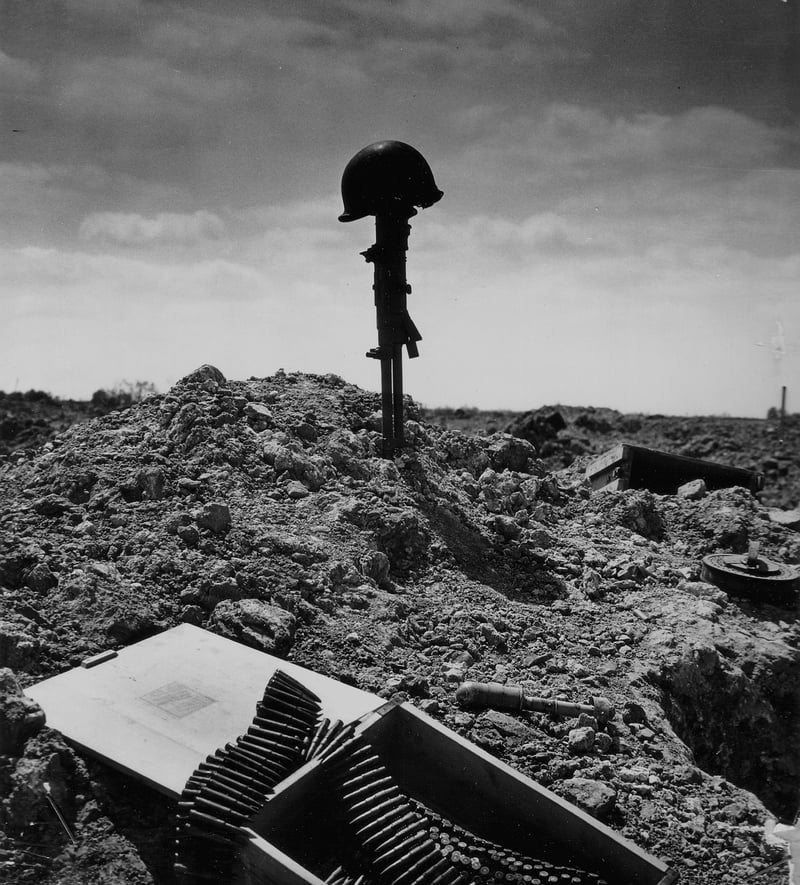
Conclusion
Exploring different eras and historical events allows us to appreciate the complexities of human civilization and learn from the triumphs and tragedies of the past. By studying history, we can better navigate the present and shape a more informed future.
